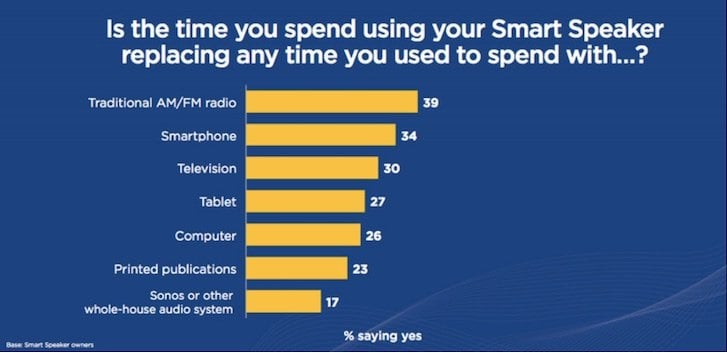top 10 smartphone apps
Pricing The general consensus is that Virtual PBX services are ideal for small businesses with only 1-10 employees. With virtual PBX, you are sharing the 3rd party exchange server with other people, thereby, sharing hardware & maintenance costs. You must pin point your needs and carefully re your preferred virtual PBX provider. Costs are generally between $30-120/month for complete packages (minutes included).

Extensions, may or may not be free depending on the provider. Your marginal cost will increase compared to self-hosted PBX systems as you add more users. Virtual PBX systems will also provide you with SIP trunks & DIDs as opposed to securing your own. However, they may limit the number or channels or simultaneous calls your phone number can achieve (services vary). For Self-Hosted PBX systems, you will need a server (with a PCI data port), configuration software (open source available), broadband connection (t1 handles 30 simultaneous calls), and potentially a firewall or gateway.
Buy Smartphone and get coupon. Reed more
VoIP rate plans are provided through ITSPs (Internet Telephony Service Providers) and will charge at least $15/SIP Trunk per month and $1/DID per month (rate plans and bundles will vary by provider). As a general rule you should reserve channels (DIDs etc.) for 1/3 of your employees. If you have 300 employees, not all of them will be on the phone at all times. Figure out a safe medium of simultaneous calls needed.
top 10 smartphone apps - Examining Real-World Programs For smartphone
Each service provider will handle terminology (SIPs, DID, Channels etc.) differently. Contact their support department with specific requirements/questions such as: “We need 20 simultaneous inbound calls to our toll free number and 2 simultaneous calls to our local number?” “We need roughly 5000 inbound minutes to our toll free number, 1000 outbound minutes to Australia, and 1200 outbound minutes our satellite office in Germany?” “If our phone systems go down, can we redirect incoming traffic to another phone?

top 10 smartphone apps - Investigating Uncomplicated Solutions In smartphone
” “We have 4 different numbers, with ‘x’ number of staff handling ‘x’ simultaneous calls at each number?” “How do you handle, and what is charged to port numbers in and out of your system?” Bottomline: If you need over 25 simultaneous calls (over 75 employees), consider a self-hosted PBX system. If you are unfamiliar with PBX systems, spend at least 1 month reing your options before purchasing equipment and services (ensure compatibility and features). You will need compatible phones, server/software, firewall, data/voice internet service, and SIP/DID providers.
Hardware Many tout that self-hosted PBX hardware can cost as much as $60,000. However, re what your company needs, as many hardware providers can sell a complete PBX setup (compatible phones & server/software installed) for smaller businesses in the area of $2500. Depending on your needs and volume, a business-grade pipeline may be as high as $600/month. For the most part, simultaneous calls are limited to your bandwidth (say 23 simultaneous channels/T1). Additionally, some SIP providers will require a static IP. With virtual PBX, companies may use a standard data internet connection which may not be practical for large support/sales centers.
However, both IP-PBX systems allow you to share the same bandwidth for both data and voice. Be sure to adjust your QoS (Quality of Service) settings to prioritize voice to avoid dropped calls and poor sound quality. For both systems you may use SIP enabled IP phones or softphones.

No comments:
Post a Comment